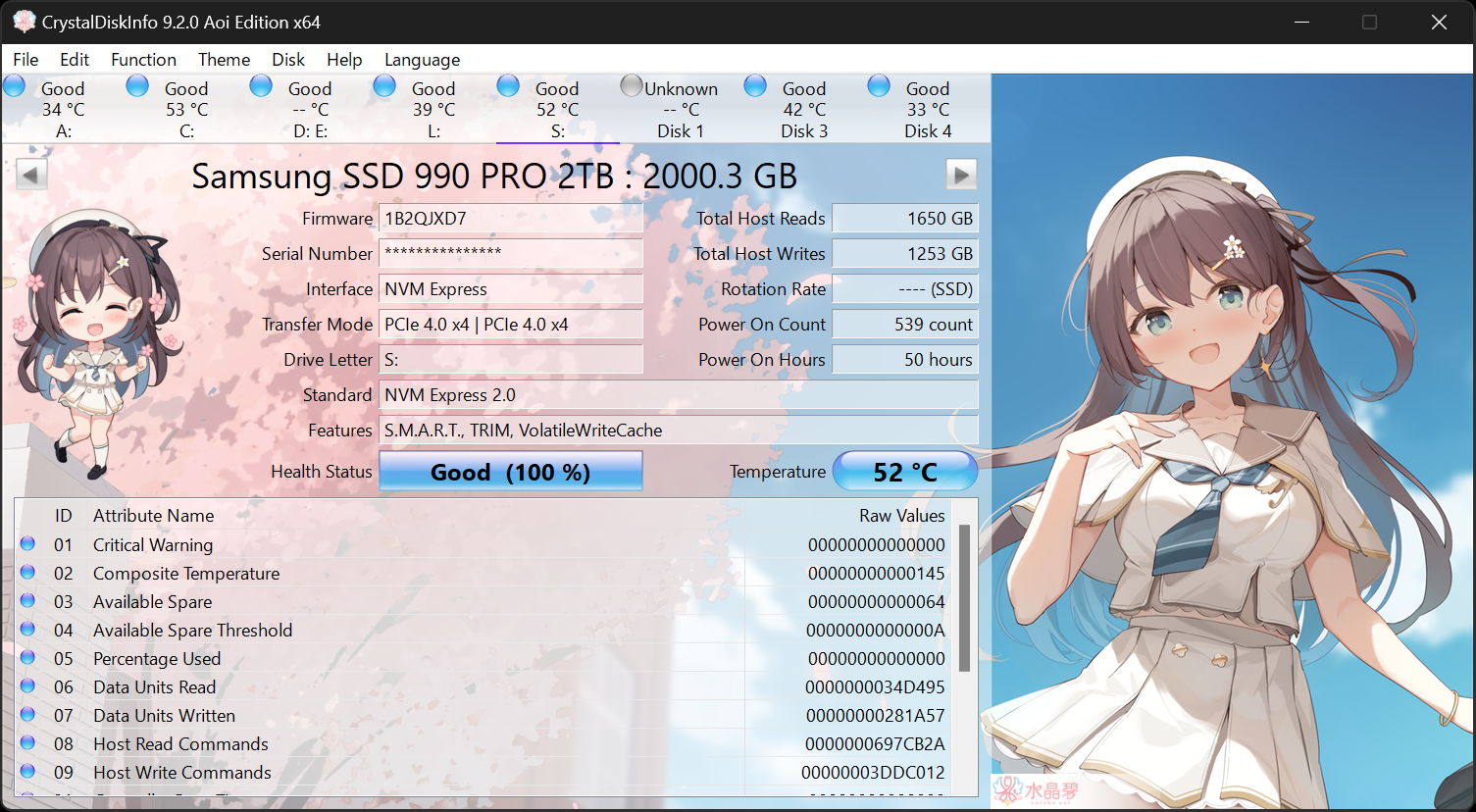Feel free to move this thread if it's not in the right section, and my apologies.
I am having problems with lag most likely because of the hard drive. I've changed it so far 4 times, the first one I had was 1TB, then the others were 500GB. Could the motherboard be causing the hard disk's failure/problems? I can on a regular see high hard disk usage. Thanks for your assistance in advance!
PC components:
8gb ram
intel i3-2100 3.10ghz
amd radeon hd 6450
ms-7788 motherboard
codegen 400w power supply atx 2.03(p4)
software:
windows 10
2 games
very few applications
latest directx
latest drivers(maybe 1 update behind)
I am having problems with lag most likely because of the hard drive. I've changed it so far 4 times, the first one I had was 1TB, then the others were 500GB. Could the motherboard be causing the hard disk's failure/problems? I can on a regular see high hard disk usage. Thanks for your assistance in advance!
PC components:
8gb ram
intel i3-2100 3.10ghz
amd radeon hd 6450
ms-7788 motherboard
codegen 400w power supply atx 2.03(p4)
software:
windows 10
2 games
very few applications
latest directx
latest drivers(maybe 1 update behind)
Last edited:




 (perhaps a new $4 SATA data cable as well just to rule out any potential intermittent 'cable voodoo')
(perhaps a new $4 SATA data cable as well just to rule out any potential intermittent 'cable voodoo')